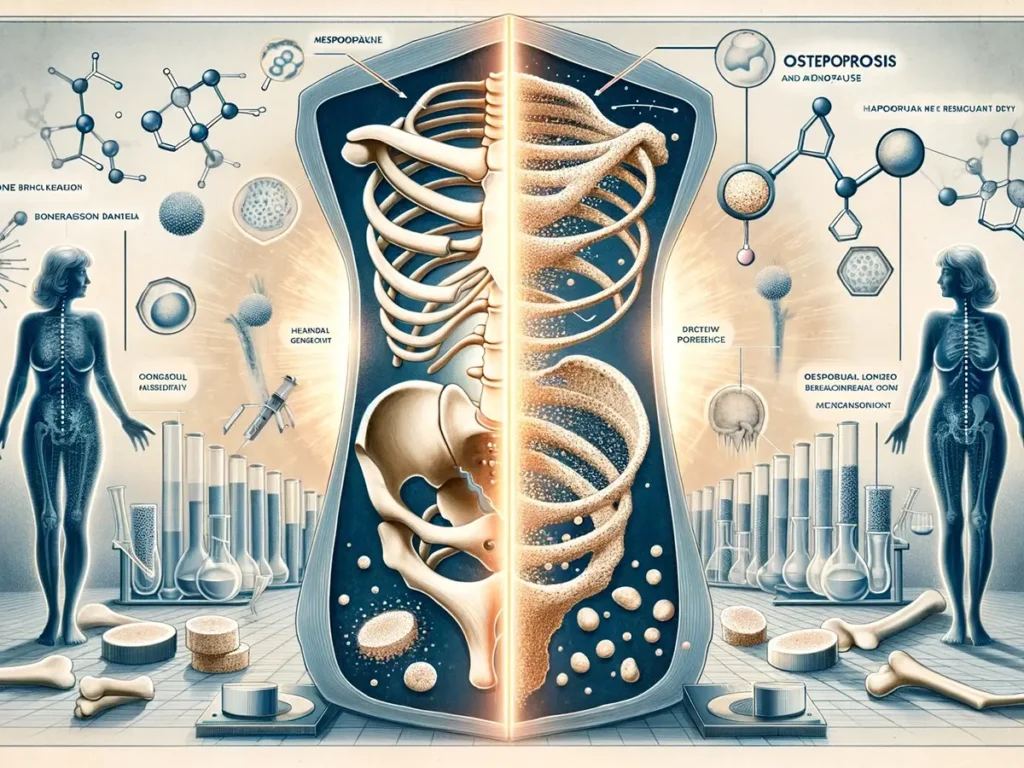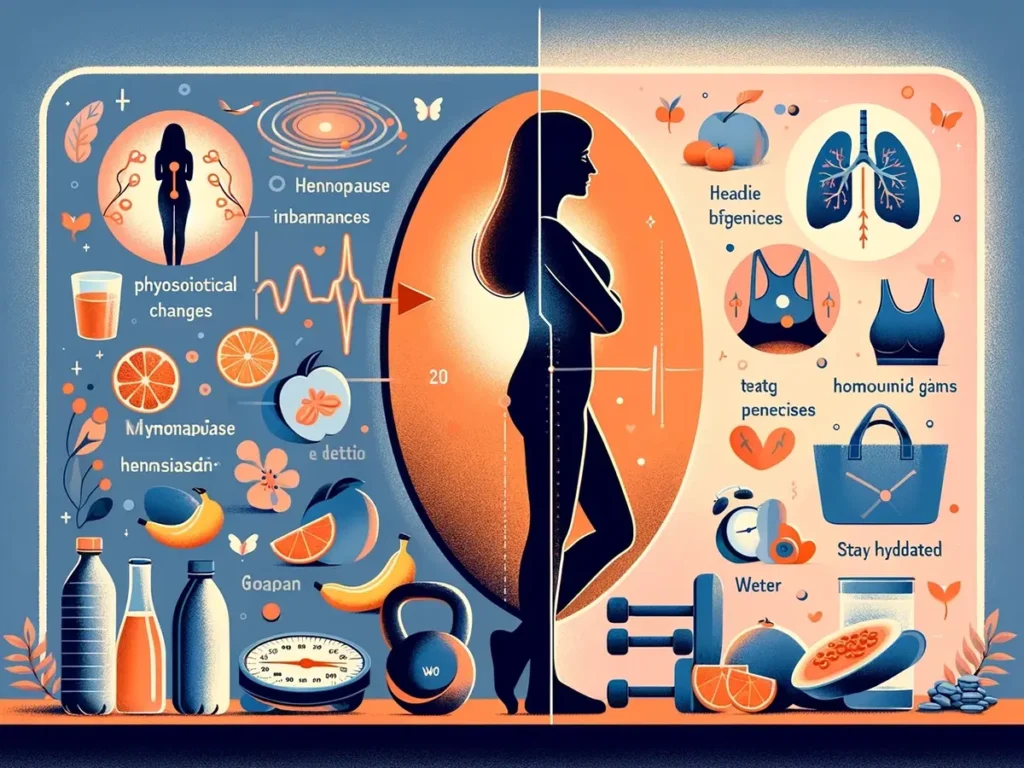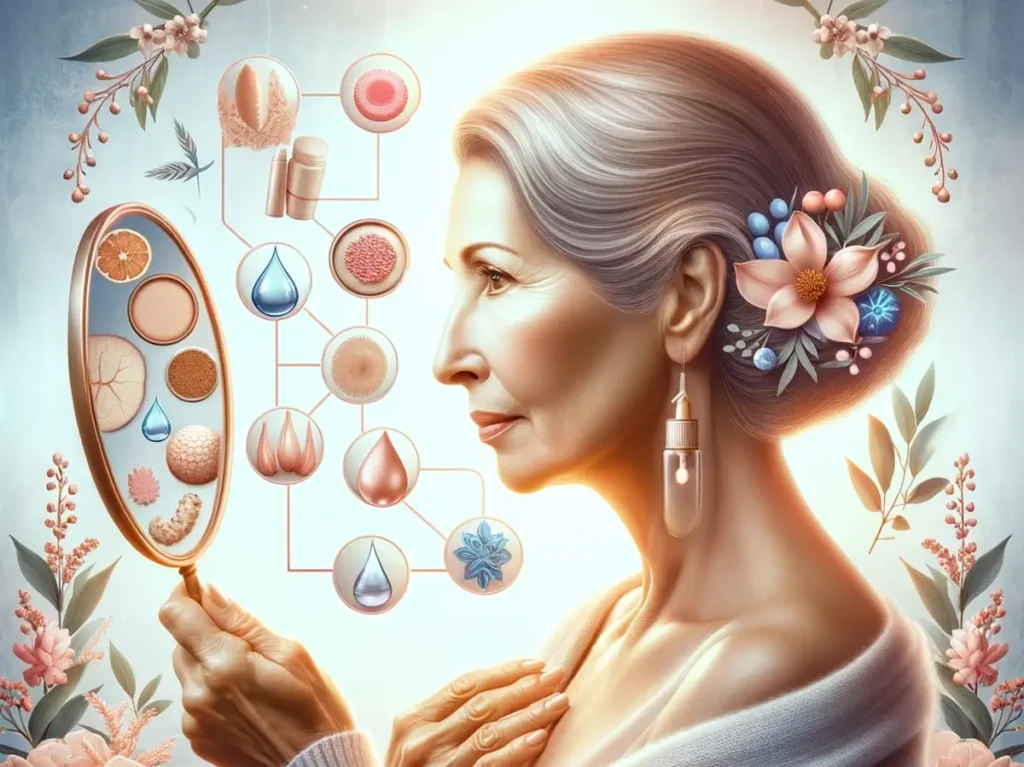Menopause, also known as “the change”, is a natural process that occurs in women, usually between the ages of 45 and 55. During this time, the production of estrogen and progesterone hormones decreases, leading to various physical and emotional changes. While hot flashes, mood swings, and night sweats are commonly associated with menopause, many women are unaware that their eyes can also be affected.
Common Eye Changes During Menopause
- Dry Eyes: Dry eyes are one of the most common eye problems during menopause. They occur when the eyes do not produce enough tears to keep them lubricated. Symptoms include a gritty or burning sensation, redness, and sensitivity to light.
- Blurry Vision: Menopause can also cause vision changes, making objects appear blurry. This is often due to hormonal fluctuations and can impact near- and distance vision.
- Eye Fatigue: Many women experience eye fatigue or strain during menopause. This can be caused by hormonal changes and spending long periods staring at screens or doing close-up work.
Managing Menopause-Related Eye Changes
While menopause-related eye changes can be frustrating, several strategies can help manage these symptoms:
- Use Artificial Tears: To relieve dry eyes, using over-the-counter artificial tears can help keep the eyes lubricated. It is essential to choose preservative-free drops for long-term use.
- Adjust Your Environment: Changing your environment can also help alleviate symptoms. Using a humidifier in dry environments, avoiding smoke and wind, and wearing sunglasses outdoors can all help reduce dryness and irritation.
- Take Frequent Breaks: If you spend a lot of time looking at screens or doing close-up work, it is important to take frequent breaks to rest your eyes. Follow the 20-20-20 rule: Every 20 minutes, look at something 20 feet away for 20 seconds.
- Maintain a Healthy Lifestyle: A healthy lifestyle can improve eye health during menopause. Eating a balanced diet rich in omega-3 fatty acids, staying hydrated, and regular exercise can all help support eye health.
When to See an Eye Doctor
If you are experiencing significant eye changes or if your symptoms are impacting your daily life, it is important to see an eye doctor. They can evaluate your symptoms, perform a comprehensive eye exam, and recommend appropriate treatment options.
Conclusion
Menopause is a natural process that can bring about various changes in a woman’s body, including her eyes. By understanding these changes and implementing strategies to manage them, women can maintain good eye health during this transitional phase of life.






